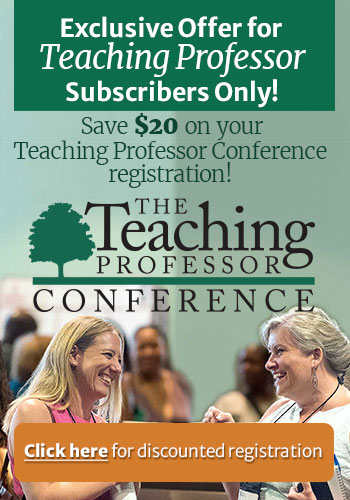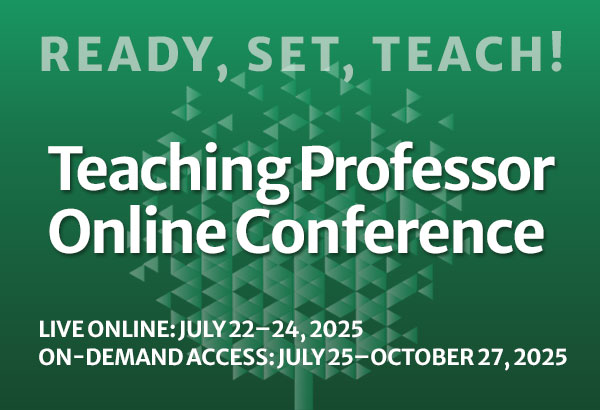
The Syllabus: Indicator of Instructional Intentions
The literature on teaching and learning has improved so much over the years. Researchers are now covering important aspects of both in depth, analyzing with creative designs and exploring for practical and theoretical implications. One case in point is a 2015 syllabus review published in






